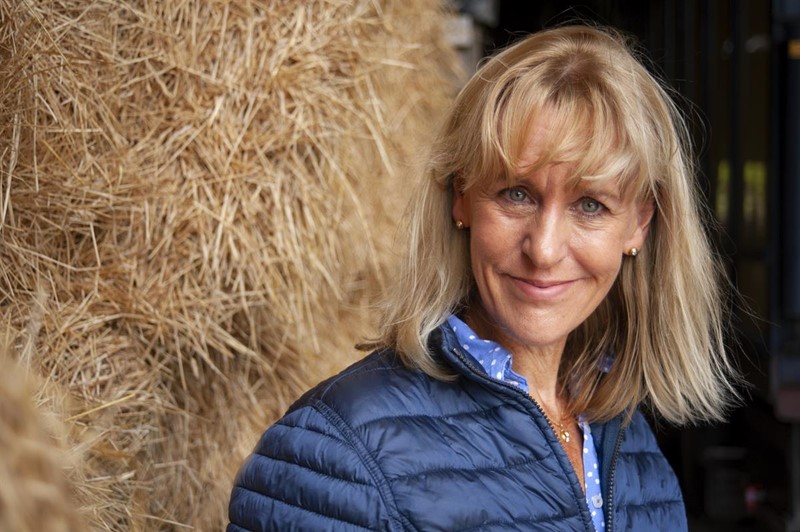He also said the EU have ‘refused to negotiate’ properly and are ‘not willing’ to offer similar trade terms to the EU’s agreement with Canada.
Mrs Batters said: “It is critically important that both the UK and EU continue to negotiate on a free trade agreement and prioritise securing a tariff-free, quota-free deal as soon as possible. More than 60% of our agri-food exports go to the EU, making it British farming’s largest trading partner. Reaching a deal is critical to maintaining those trade links.
“There will be significant disruption for British food and farming if there is no deal at the end of the transition period.
“The government needs to be clear with businesses about the impact of no-deal and address many outstanding issues, such as ensuring the necessary authorisations are in place for agri-food exports and guaranteeing there will be sufficient financial support, advice and resource for businesses, provided in a timely manner.”
Which export requirements will be needed for UK farming sectors?
In order for the UK to be able to export and market certain goods in the EU then the UK will need to be listed as a recognised third-country with equivalence, regardless of the outcome of the negotiations.
This requirement also effects goods moving from GB into NI. It has already been confirmed that we will not have this status for certified seed and plant reproductive materials from 1 January 2021.
Here are the products and exactly what is needed for each:
- Live animals: Third country listing
- Products of animal origin: Third country listing
- Eggs also require an evaluation of equivalence
- Poultry meat optional indications (eg free range, barn-reared etc) will require a certificate from our competent authority which may not be available from 1 January 2021
- Certified seed and plant reproductive material, seed and ware potatoes, growing media: third country equivalence
- Hops: attestation of equivalence (requires RPA to be listed as authorised agency to issue attestation)
- Organics: either EU gives UK equivalency or authorises the organic control bodies
More from NFUonline:

